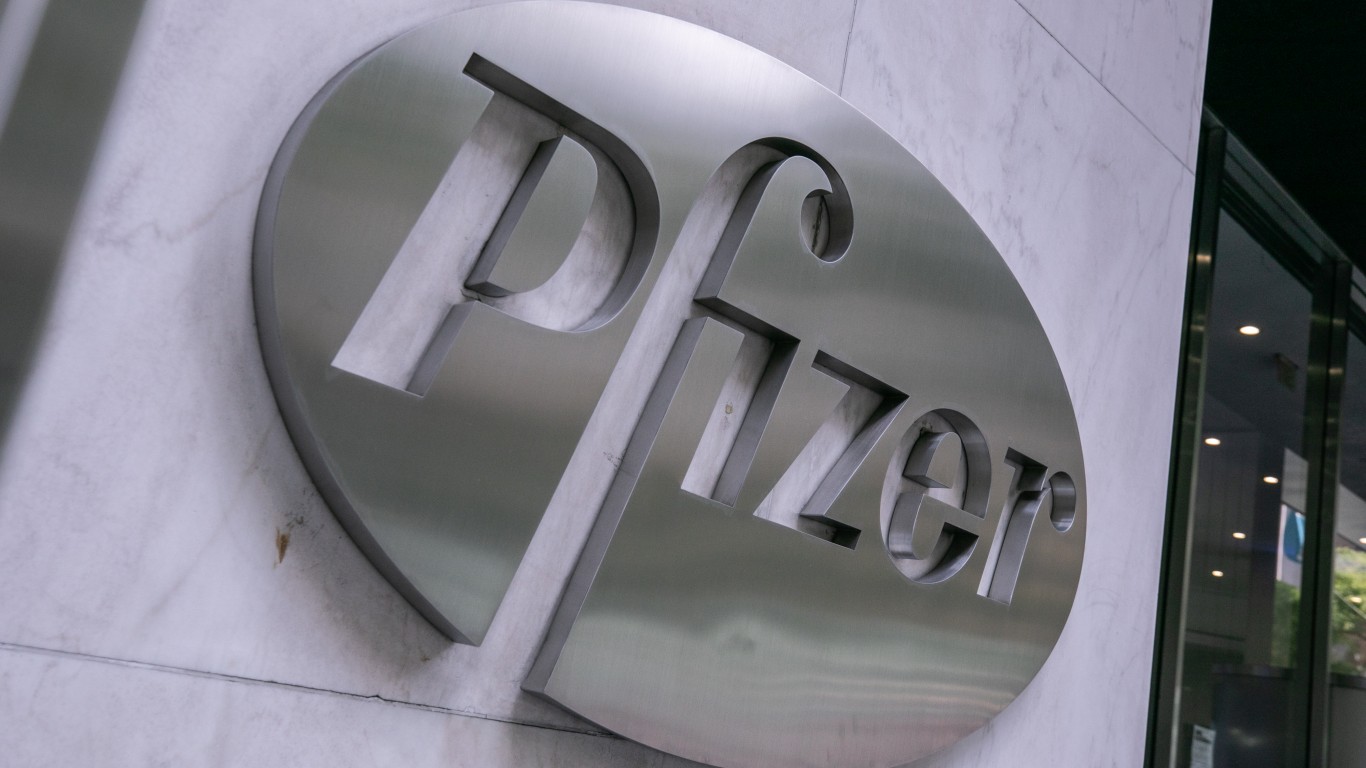 The ministers attending the G20 conference urged the IMF and Eurozone nations to handle the debt situation in Greece as quickly as possible. There is understandable concern that if the capital markets fear that Spain’s problems are not unlike like Greece’s that traders could sell off Spanish sovereign debt and crippled that nation’s ability to raise money. This would spread the bailout problem to two countries and other weak European economies could follow.
The ministers attending the G20 conference urged the IMF and Eurozone nations to handle the debt situation in Greece as quickly as possible. There is understandable concern that if the capital markets fear that Spain’s problems are not unlike like Greece’s that traders could sell off Spanish sovereign debt and crippled that nation’s ability to raise money. This would spread the bailout problem to two countries and other weak European economies could follow.
The key to the 45 billion euro package to Greece is Germany, the largest economy in Europe. The IMF will supply as much as 15 billion euros to the rescue plan, but analysts say that Germany would have to provide half of the Eurozone contribution.
Chancellor Angela Merkel is certainly under pressure to walk away from the aid package. Germans are against the bailout. According to recent polls nearly seven out of ten adults in the country oppose Germany’s participation. Merkel’s political future probably depends on her nation’s role in the Greek rescue.
Merkel has been slowly backing away from the plans to help solve the Greek debt crisis. Her Finance Minister Wolfgang Schaeuble told German newspaper Bild “The fact that neither the EU nor the German government have taken a decision (on providing aid) means that the response can be positive as well as negative,” according to Reuters. “This depends entirely on whether Greece continues in the coming years with the strict savings course it has launched. I have made this clear to the Greek finance minister,” he added.
It is assumed that the IMF will be charged with negotiating with Greece to create an austerity budget. The Greek deficit is now 13.6% of GDP. The nation’s borrowing costs are so high that it almost certainly can not afford the debt service. The IMF and Eurozone have suggested that they might guarantee Greece capital at 5% interest, but that has not been set in stone.
Merkel may presume that the negotiations between Greece and the IMF over the structure of aid and the level of budget cuts the southern European nation will have to accept may drag on until Greece is insolvent. Adding to Greece’s troubles are strikes by government employees and unions aimed at shutting down the economy in the hope of keeping their annual pay packages intact. Each strike decreases Greece’s GDP.
Germany may prefer a Greek default instead of putting 15 billion euros of its own at risk. If Germany does nothing, it may help trigger a default of Greece’s sovereign obligation.
Douglas A. McIntyre
Thank you for reading! Have some feedback for us?
Contact the 24/7 Wall St. editorial team.





